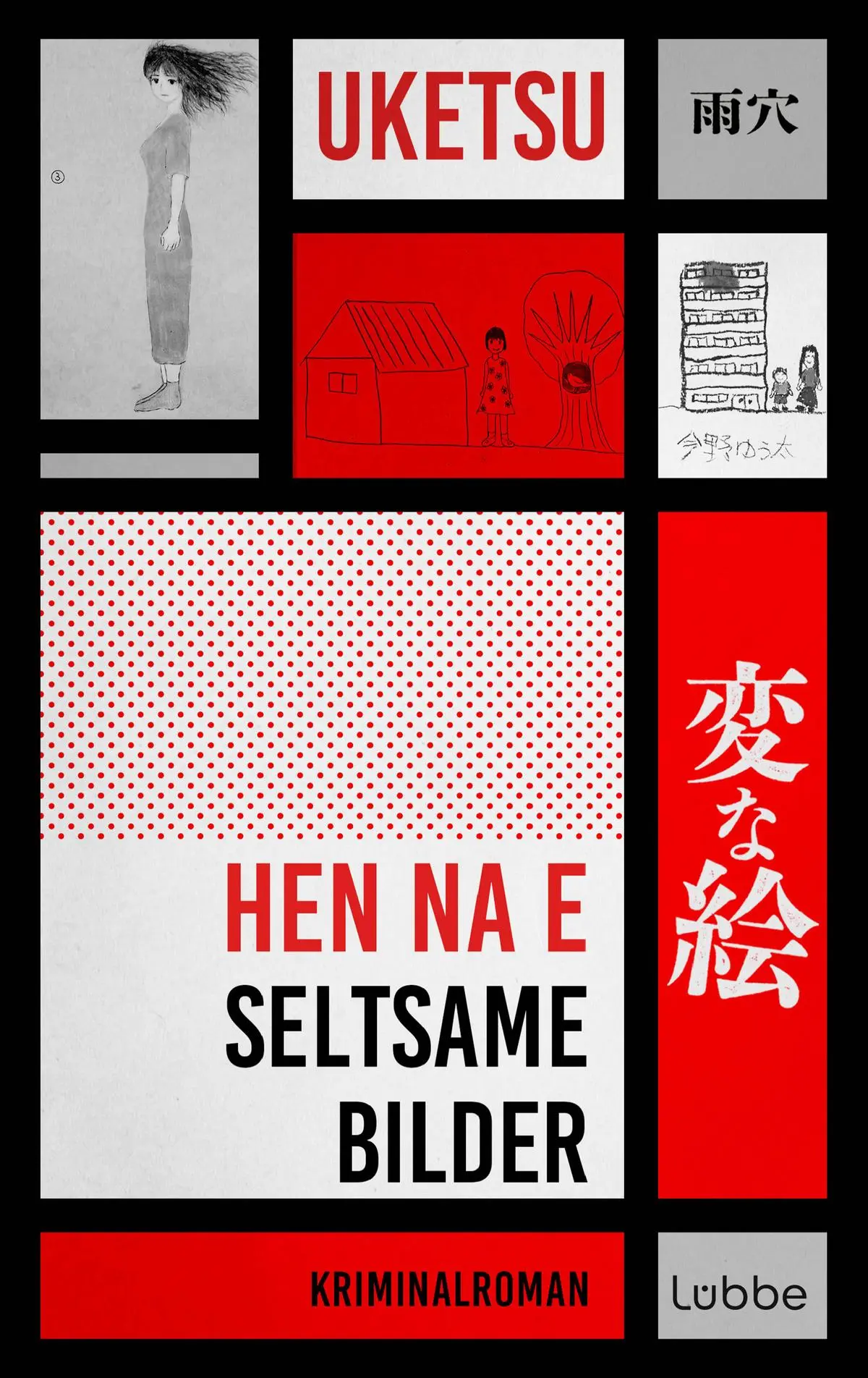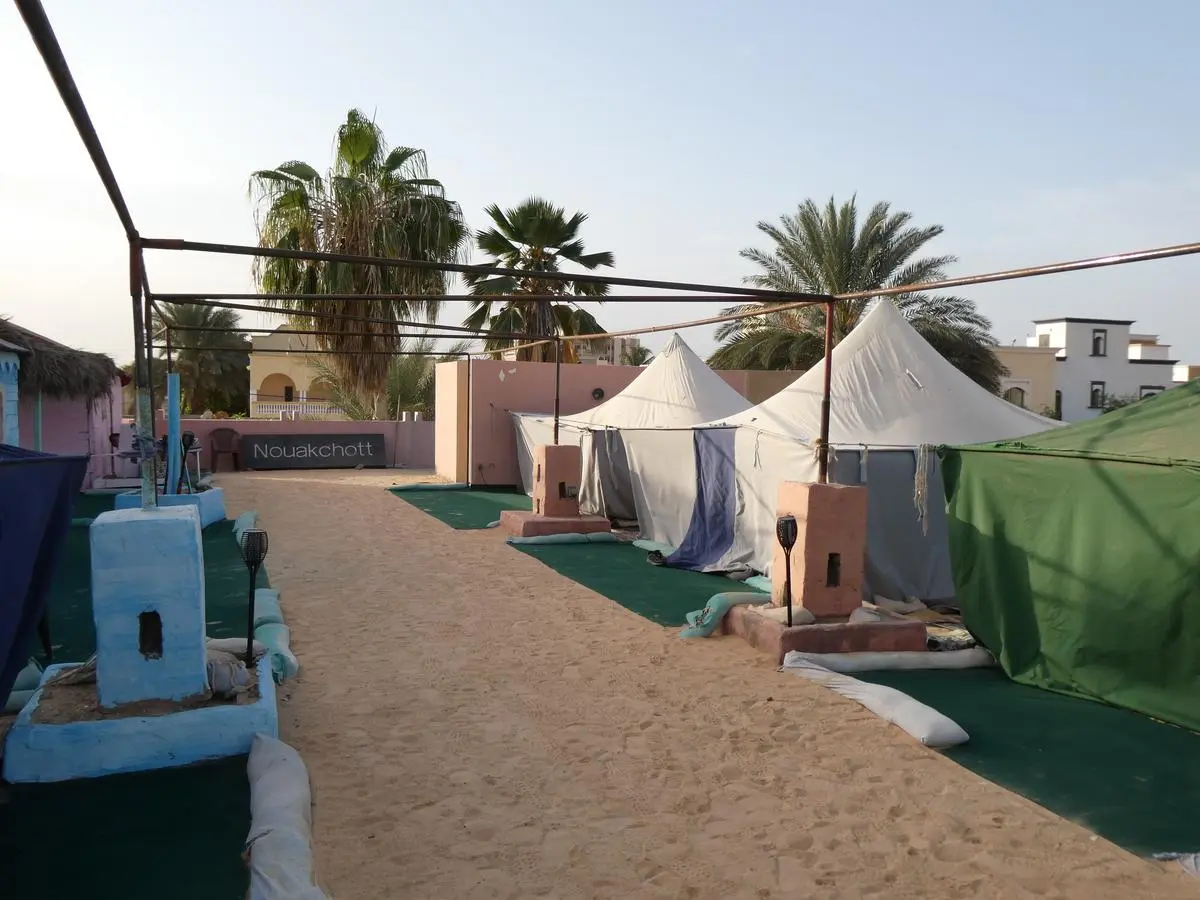The world needs the cultural workers – Diepresse.com

Guest contribution. Money beats culture. The voice of the intellect is far too quiet if it wants to offer the economic discourse.
At the moment, many people are worried about the world. Usually, the sole guilt for the tense world situation is pushed towards the political powers. The rising right parties are responsible for some, for the others the established center-left parties. But this focus on politics is too one -sided, the essential problems stir elsewhere.
In order to present the current political struggle between the established and emerging parties somewhat more comprehensively, it is advisable to remember that the political field is nowhere autonomous in the world. It is no longer the case that creative and powerful ideas are put into the world there. Someone else is responsible for this: the elite.
The elite claims a double -occupied room, as Pierre Bourdieu called the field of power. It is a cross -world meta field that has joined the Internet (AI and the entire digitization industry) as the third pole in recent years. This influential knowledge space shapes the ways of thinking and acting of all social fields (politics, science, art, etc.) and all people. We are all exposed to two overriding influences: the strong influence of the economy on one side and that of art and culture on the other. Depending on our educational capital and the extent of our autonomy and freedom.
This field of power is about a symbolic struggle. Intellectuals want to arouse legitimacy that in life it is not only economic capital, prosperity and money, but also good human and intact world relationships. While one side sees freedom, joy in life and even peace in mental, humanistic mature mature of mankind, the other side sees the same thing in economic growth and consumption.
Intellectuals include well -known cultural workers who have achieved significant public and political effects through their works and statements – such as Immanuel Kant, to give just one example. The economic pole of the power field includes the richest media as well as political-effective companies and people, such as currently Elon Musk and other important internet and technology giants.
How does the world believe that?
If you take a summary view of the power field, the content that dominates there, it is hard to overlook the fact that the economic discourse and everything that belongs has increased its reach in the past 25 to 30 years and has currently become the most influential, globally effective power. The intellectual discourse, indeed the entire human sector, are far behind.
Against this background, it is not surprising that homologous to the hierarchies described worldwide and in this country there is a relatively low political interest in culture and a strong interest in economic growth. Everyone – whether left or right parties or autocratic or democratic states – agree on a question: the world can most likely be stabilized through economic growth and thus by consumption.
In contrast, reality on the intellectual pole of the power field is different. The sociologist Hartmut Rosa, for example: « We have to make ‘time politics’ our concern (…). (H. Rosa: « Let us accelerate the response! », 2025, pp. 69–70).
A new consensus that focuses on a successful life and peace is emerging – with a still little -known approach: the optimization of the distance between states that do not tolerate and wage war. This is an option that is worth considering. It could result in temporary economic deflobalization and peaceful coexistence. There are already interesting considerations under the heading « Kalter Frieden ».
Regardless of this, it is crucial to deal with the relationship between human beings and to significantly improve it. Many cultural workers agree on the importance of our relationship. Nevertheless, they were simply overlooked in politics. Above all, it has been overlooked that relationship skills are something to learn, and above all at school. There you learn everything, but not relationship skills. When people are socialized and work in a certain environment or « if their heads are coordinated » – as Bourdieu expressed more elegant – they perceive the values and products that are effective in their social field.
How can you save the world?
Apparently, according to Erich Fromm’s thesis, not our shoots (as Freud assumed), but « the requirements of building business and living together have had such a strong impact on the individual that this leads to their own psychological structure. Only in this way can it be explained that people strive to passionate what a certain economy and society needs for their functioning – and this if it is irrational, mentally ill ». (R. Funk: « Erich Fromm and Narcissism ». In: « Philosophy Magazin » 03/2025, p. 70.)
That sounds disillusioning. But: if in the past people in the way of thinking and acting in one of Fromm, Bourdieu, Rosa and others. Described questionable direction could be directed, it should also be possible to steer our existing habitus or the collective unconscious, which tends to be trimmed for maximizing profits and consumption, in the opposite direction: towards collaboration, freedom, love, etc., human and world relationships.
The intellectual discourse is currently significantly inferior to the economic. Money beats culture, so to speak, and thus our relationship skills. Why? Because the voice of the intellect is quiet, as Freud aptly said. In truth, it is far too quiet, and because (worldwide) too few cultural workers (in science, art, education, religion, etc.) have recognized that they have to move closer together and have to get involved more intensively if they want to offer the economic discourse. There is – to say it again in all clarity – no other solution for peace than the strengthening of universal humanism. Permanent peace is possible, but not without this currently very quiet intellectual discourse. And that is actually nothing new, but « yesterday’s snow and snow » in order to bring Peter Handke’s current and fitting book title into the game.
Emails to:
« /> A visitor photographs the installation of the Japanese artist Yayoi Kusama (L.A. 2018). PictureDesk/AP/Jae C. Hong
The author
Zoltan Peter (*1963, Romania), doctoral degree in sociology in Vienna, chairman of the association for cultural and migration research. The most recent project: openness aspects and tolerance dimensions of the school.








